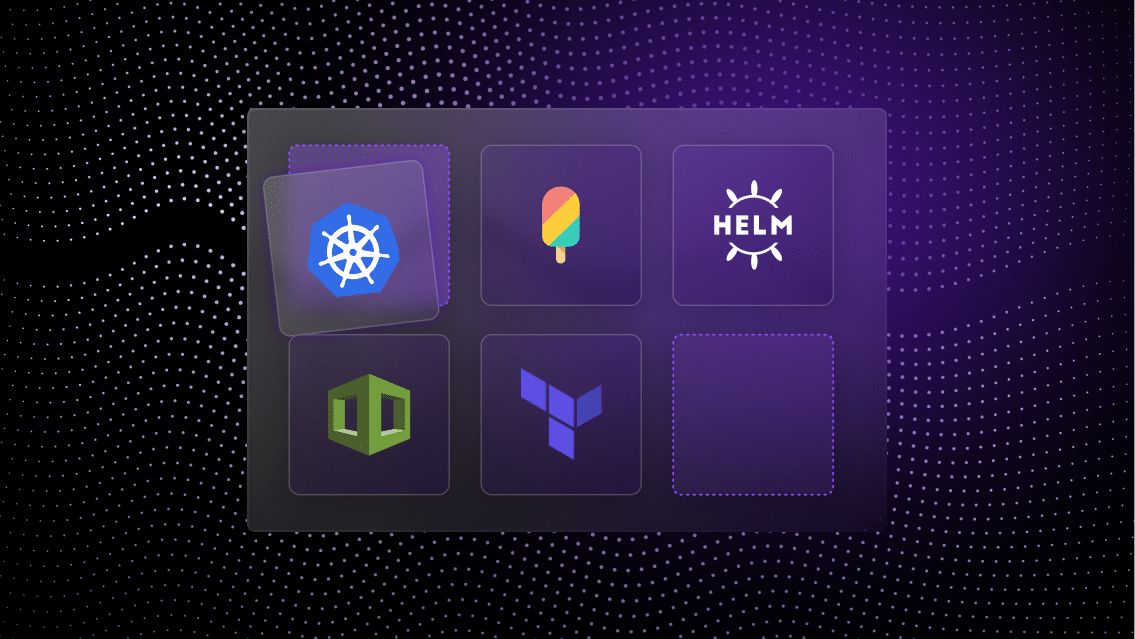The rise of Platform Ops has brought forth a new paradigm in software development and operations in recent years.
After seeing so much interest in the topic among our users, we wrote this article to serve as a definitive guide to help you understand the concept of Platform Ops and its significance in modern IT operations.
We’ll explore key principles and benefits to shed light on how Platform Ops can drive efficiency, collaboration, and scalability for both DevOps and development teams.
So, let’s dive in and uncover the power of Platform Ops!
What is Platform Ops?
Platform Ops, also known as Platform Operations, refers to a set of practices and methodologies by which platform engineering teams build and maintain an internal developer platform and/or internal developer portal that optimizes the way software development teams operate.
Learn more about Platform Engineering with Quali Torque
As such, Platform Ops is an extension of the DevOps philosophy that emphasizes the operational aspects of maintaining a reliable and scalable platform for application delivery.
Key Principles of Platform Ops
- Platform as a Product: In the Platform Ops world, the platform is the product and the developers are the customers. The Platform Ops mindset revolves around continuously developing and improving the platform to meet the needs of application and development teams. This means defining clear product goals, maintaining a product roadmap, and prioritizing features and enhancements based on customer feedback—the same way a product management team would for a customer-facing product.
- Developer Self-Service and Integrations: A successful Platform Ops strategy provides effective self-service capabilities for developers to deploy and operate cloud infrastructure and environments independently. An optimal platform minimizes any need for the developer to request cloud infrastructure from the DevOps team, because every action can be carried out directly via the platform.
- Collaboration and Automation: Automation plays a pivotal role to optimize a Platform Ops strategy by streamlining processes, reducing manual intervention, and ensuring consistency and reproducibility across environments. This includes automated orchestration of application environments from your Git repositories and the operation of those environments from deployment to teardown. Collaboration tools should enable your Platform Ops and DevOps teams to understand who is using any environment at any given time and document any updates to configurations for the rest of the team.
- Scalability and Resilience: Platform Ops focuses on designing and maintaining a platform that can seamlessly scale to handle increasing demands. This includes automated drift detection for Kubernetes and Infrastructure as Code, horizontal and vertical scaling, fault tolerance, and disaster recovery to ensure the platform can support applications and keep all resources up to date.
- Observability and Monitoring: A key aspect of Platform Ops is the ability to gain insights into the platform’s health, performance, and utilization. Robust monitoring and observability practices are essential to detect issues, identify bottlenecks, and proactively optimize the platform’s performance. Cloud usage and cost visibility is also valuable to help the Platform Ops team understand productivity and ROI in cloud infrastructure.
Benefits of Platform Ops
The self-service and automation of Platform Ops empower application teams to focus on development and innovation rather than being bogged down by operational tasks. This improves developer productivity and accelerates time-to-market for new features and applications, while helping to prevent burnout and turnover for highly skilled (and hard to replace) technical staff.
Through proactive monitoring, automation, and standardized processes, Platform Ops ensures the stability and reliability of the platform. This leads to fewer incidents, reduced downtime, and enhanced customer satisfaction.
Effective Platform Ops strategies embrace the principles of agility and scalability so the organization can adapt quickly to changing business needs. It allows for the seamless onboarding of new applications, the adoption of new technologies, and the ability to scale resources up or down as required.
One of the key benefits of a Platform Ops approach is standardization. Self-service is a goal for any organization operating in the cloud, but concerns over cloud costs, security, and compliance have long stood in the way. Platform Ops aims to bridge this gap by democratizing self-service access only to cloud infrastructure and application resources that developers are permitted to use—while denying access to anything that violates the organization’s standards. That’s why we provide our customers with sample cloud governance policies that help Platform Ops teams balance self-service with standardization.
Conclusion
Platform Ops represents a paradigm shift in IT operations, emphasizing the importance of managing and optimizing the platform as a product. By embracing the principles of self-service, automation, scalability, and observability, organizations can empower their application teams, improve operational efficiency, and achieve higher levels of stability and scalability.
As technology continues to advance, the role of Platform Ops will become increasingly critical in enabling organizations to adapt and thrive in the fast-paced digital landscape. By embracing the power of Platform Ops, you can revolutionize your operations and lay the foundation for continuous innovation and growth.




